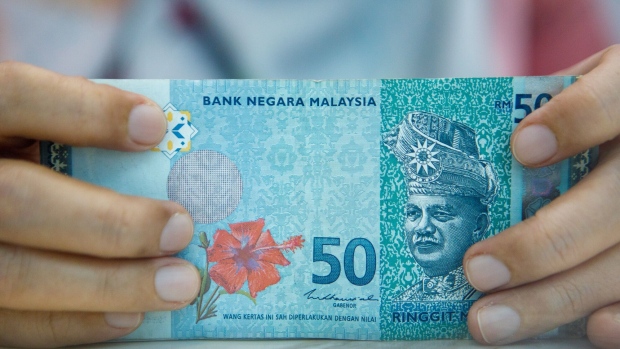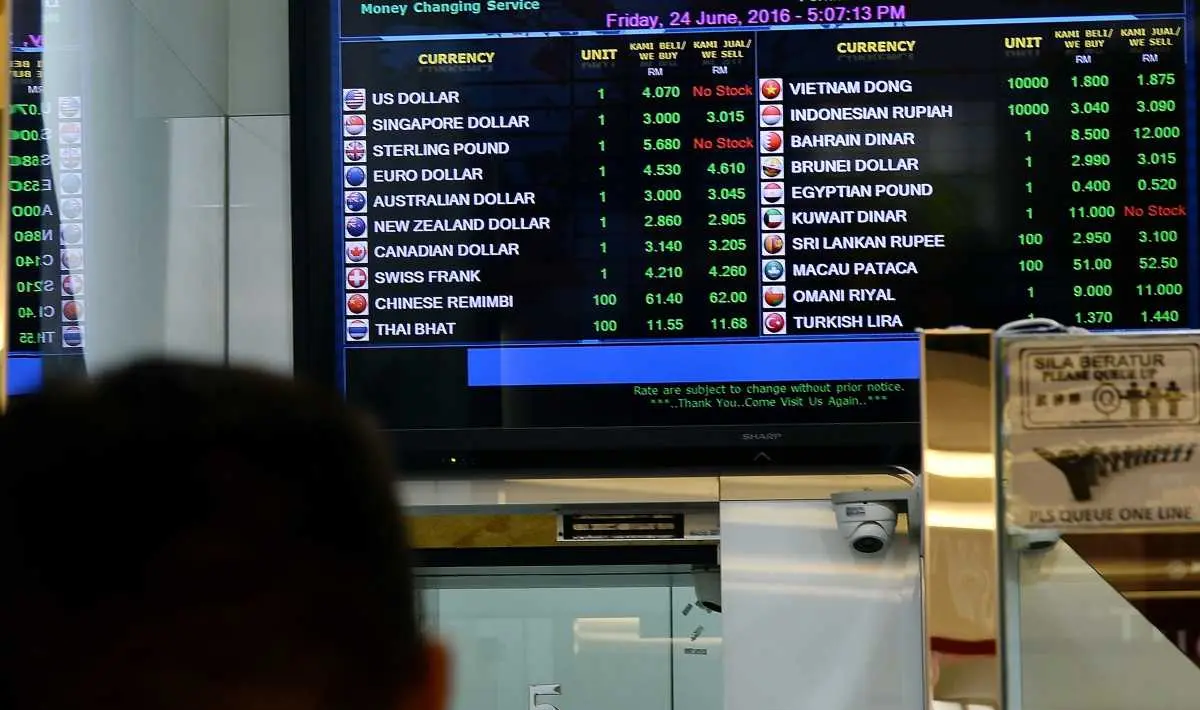The Malaysian currency is the second-worst performing in Asia, and is at its lowest point since the Asian Financial Crisis.
Is RM5 to the dollar a possibility? The Malaysian ringgit has tumbled to its lowest level since the Asian Financial Crisis, burdened by the strengthening US dollar and an expanding rate gap with the United States. The currency recently dipped by 0.3% to 4.7635 per US dollar, marking its weakest performance since 1998. For the current year, it has assumed the unenviable title of being Asia’s worst-performing currency, trailing only behind the Japanese yen.
This depreciation of the ringgit comes in the backdrop of a robust US dollar driven by safe-haven demand amid escalating tensions in the Israel-Hamas conflict. Notably, Malaysia has recorded a concerning six-month slump in exports up to August, largely attributed to a deceleration in trade with China, its primary trade partner. The nation eagerly anticipates the release of September’s export figures, scheduled for noon local time on Thursday.
Compounding the challenges faced by the ringgit, Bank Negara Malaysia decided to put a hold on interest rate hikes since July, reflecting the broader trend of hawkish policies adopted by central banks globally. This move has pushed Malaysia’s overnight policy rate to a record level of discount in relation to the upper bound of the US Federal Funds Rate.
Vishnu Varathan, Head of Economics and Strategy at Mizuho Bank Ltd. in Singapore, attributes the ringgit’s underperformance to concerns about “real rate spreads,” which may deteriorate further. This concern is particularly heightened as subsidy cuts are expected to impact inflation, revealing softer real policy rates. Policymakers are now faced with a difficult trade-off: navigating the economic challenges posed by higher rates while trying to mitigate the risk of not responding and jeopardizing both macroeconomic stability and the strength of the ringgit.

A local economist says it’s certainly possible for the ringgit to depreciate to even RM5 against the US dollar. However, he added that the recent slump in exchange rate is more likely to be short-term in nature as concern continues to swirl around the long-weakening ringgit.
Bank Negara Malaysia pointed out that the depreciation of the ringgit against the US dollar was not unique to Malaysia, and that the currency should improve as worldwide uncertainties subside.
Reporting from Bloomberg and The Straits Times contributed to this article.
"ExpatGo welcomes and encourages comments, input, and divergent opinions. However, we kindly request that you use suitable language in your comments, and refrain from any sort of personal attack, hate speech, or disparaging rhetoric. Comments not in line with this are subject to removal from the site. "





















